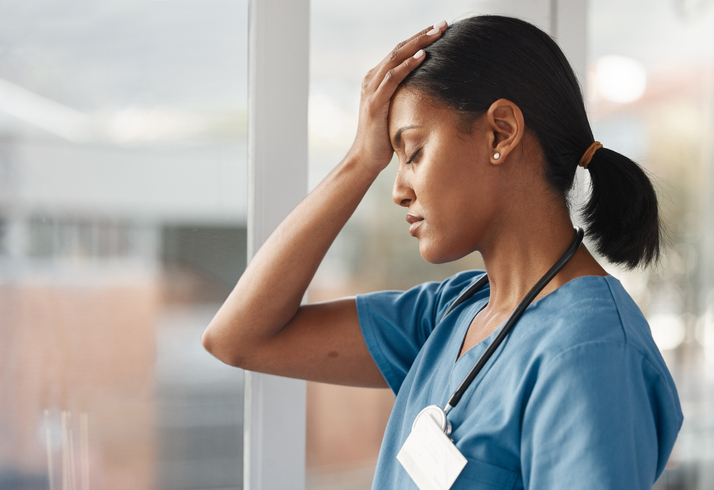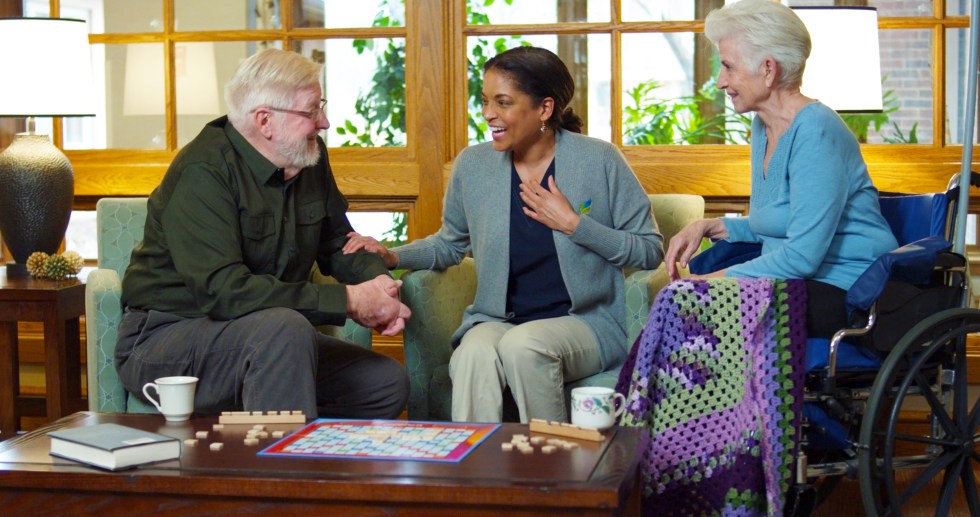
Take extra care when bathing the elderly. First, make sure that they remain still while you shower. Use a non-slip mat if possible. Then, dry their skin gently using a terrycloth robe or a clean cover-up. As their skin can be very sensitive, it is important not to rub them. Also, take your time in drying them.
Do not mention body odors in senior showers
It does not matter if your elderly relative has a problem with body odor. However, it is important that you remember that their senses are often less sharp. A senior relative may feel uncomfortable talking about their body odor. Instead, try talking to them about their body odor and helping them get back to their regular washing routine.

Create a routine
Creating a routine for showering the elderly requires a little planning and forethought. You need to determine how often you want your senior loved one to be bathed. It is easier for some caregivers to bathe their senior loved one on a daily basis. This makes bathing seniors a part of every day and reduces resistance. Next, you will need to create a shower plan that your senior can understand. Put a calendar somewhere the senior can see, mark days with an X, and include days for sponge baths or full baths.
For some people, taking a shower after waking up is a comforting activity. It helps them feel refreshed and helps them sleep better. Create a routine for your loved one to keep them motivated if they struggle with their personal hygiene. You can offer them a bath, or music to listen to while you shower. You can reward them for cooperation if they don't agree.
Avoid mentioning fatigue
There are many reasons that elderly people might not want to bathe. Fatigue is one reason. It can make it difficult for them to move around. It can also make their lives difficult and make it more difficult for them to complete daily tasks and activities. Talking about fatigue with your loved ones is a good way to avoid this happening.
Avoid mentioning dizziness
It is better to avoid mentioning dizziness in showering the elderly, as it can cause serious injuries. An estimated one in five seniors will fall each year. It is important to talk to your doctor about ways to prevent falls.

Poor circulation, side effects of medication, and poor circulation are some causes of dizziness. Orthostatic hypotension, which causes blood pressure to drop when the patient stands up suddenly, can also be a cause of dizziness. Any of these conditions can lead to dizziness and even falls. If left untreated, the problem could lead to withdrawal from any physical activity.